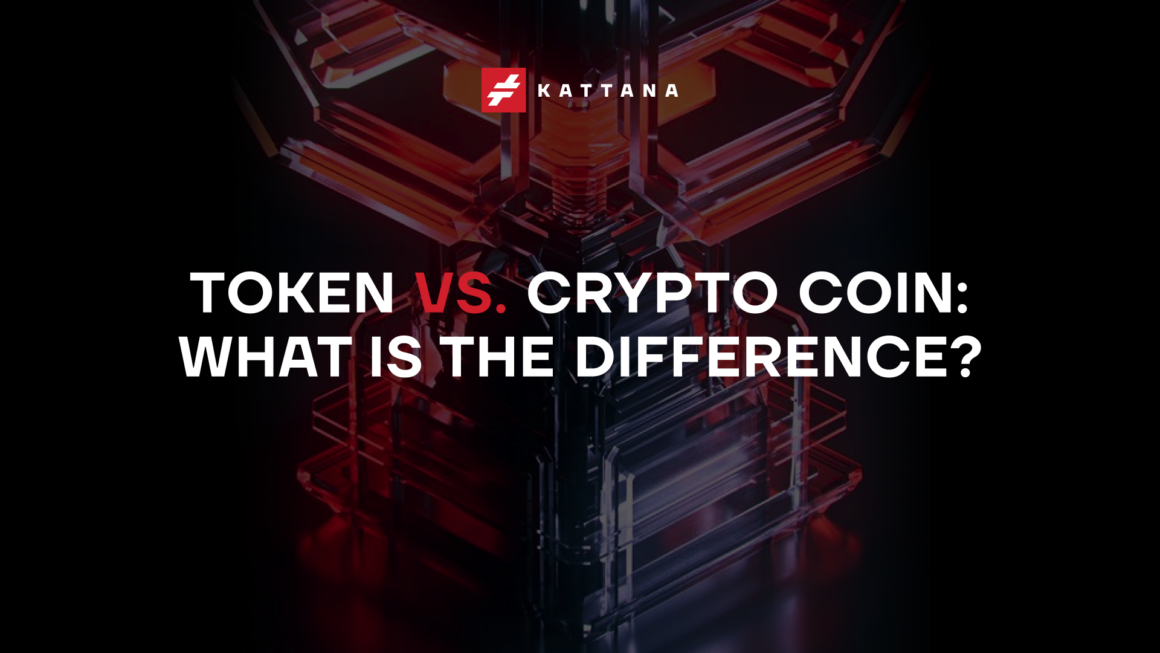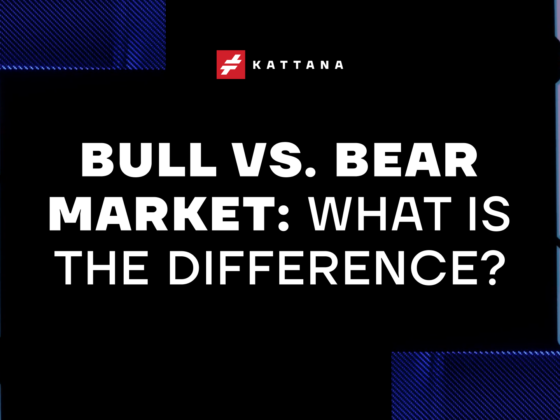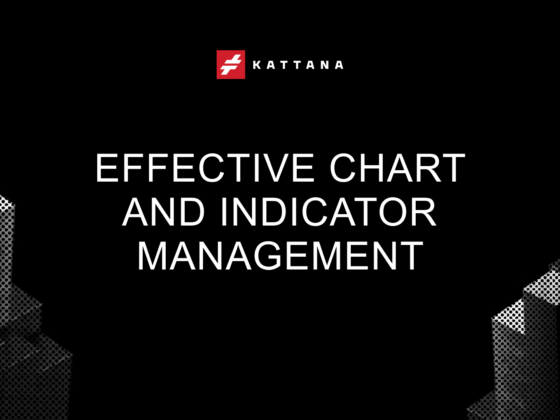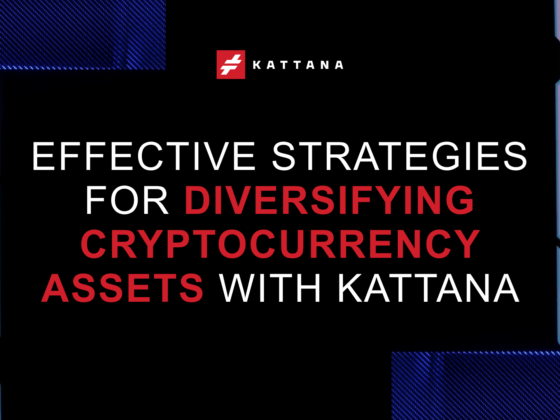What is the difference between a coin and a token? When talking about cryptocurrency, people often use the terms “coin” and “token” like they mean the same thing. While there is a lot of overlap between the two, there are also differences of token vs coin that are important to understand if one wants to understand crypto deeper.
Differentiation dilemma
The difference between coin and token is not obvious. It’s hard to tell coin vs token apart since the media, influencers, and users all use the terms token and coin pretty liberally when talking about cryptocurrency. And many cryptos are indeed both tokens and coins. Let’s look at each in detail to spot the exact differences between crypto token vs coin.
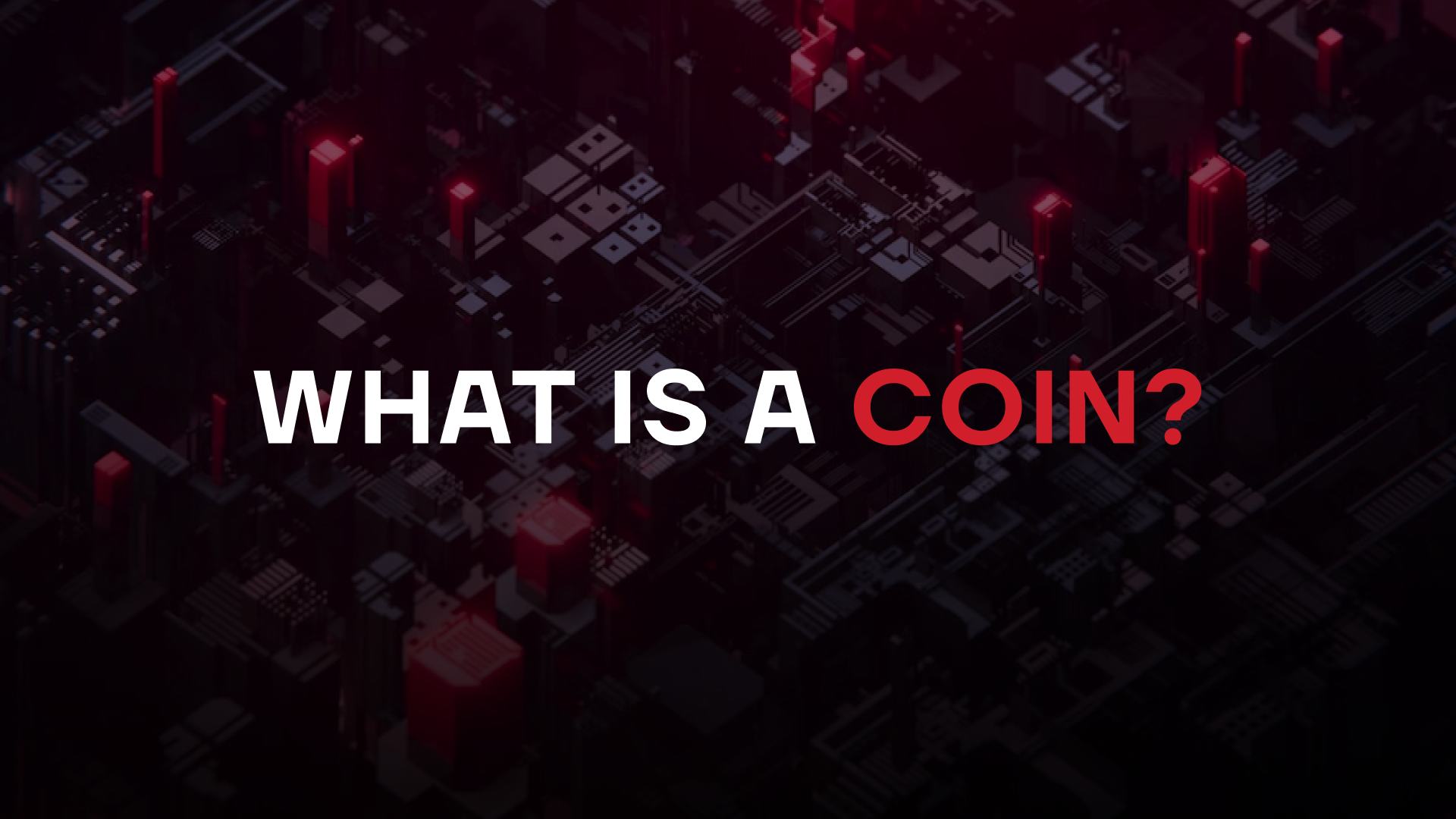
What is a Coin?
Most obviously, a crypto coin is a financial asset, just like any other currency: dollars, cents, renminbi, shekels, etc. Coins are also native to a specific blockchain. And usually, coins are mined or at least can be. So cryptocurrency vs token is more attractive to miners. Let’s look at the difference between a coin and a token in some detail:
Operate on their own blockchain
A technical difference between coins and tokens is in blockchain attachment. Bitcoin operated on the bitcoin blockchain. Ethereum on the ethereum one. In contrast, all of the ERC-20 tokens operate on ethereum’s blockchain while being distinct from Ethereum itself.
Act as money
Basically, crypto coins vs tokens are more financial, aka act as digital money. Bitcoin’s main purpose is as a store of value, with the presumption that if/when fiat currencies will lose value due to hyperinflation, Bitcoin’s computationally-limited supply of 21 million bitcoins ever to exit will keep Bitcoin’s value high or even propel it higher. So far, Bitcoin went from costing a fraction of a penny per coin to costing upwards of $60,000 for one bitcoin.
Stablecoins are types of crypto tied to some outside asset, usually fiat such as the $1 peg for most stablecoins. As such, they are convenient to use in transactions where fiat value needs to be easily calculated and the peg to fiat needs to be kept very close and stable. Comparing coins vs tokens crypto users need to think about their intended use.
Can be mined
Unlike tokens, coins can be mined to increase the supply. This is great for the mining community and creates an incentive for keeping nodes running. Meanwhile, tokens vs cryptocurrency are usually created
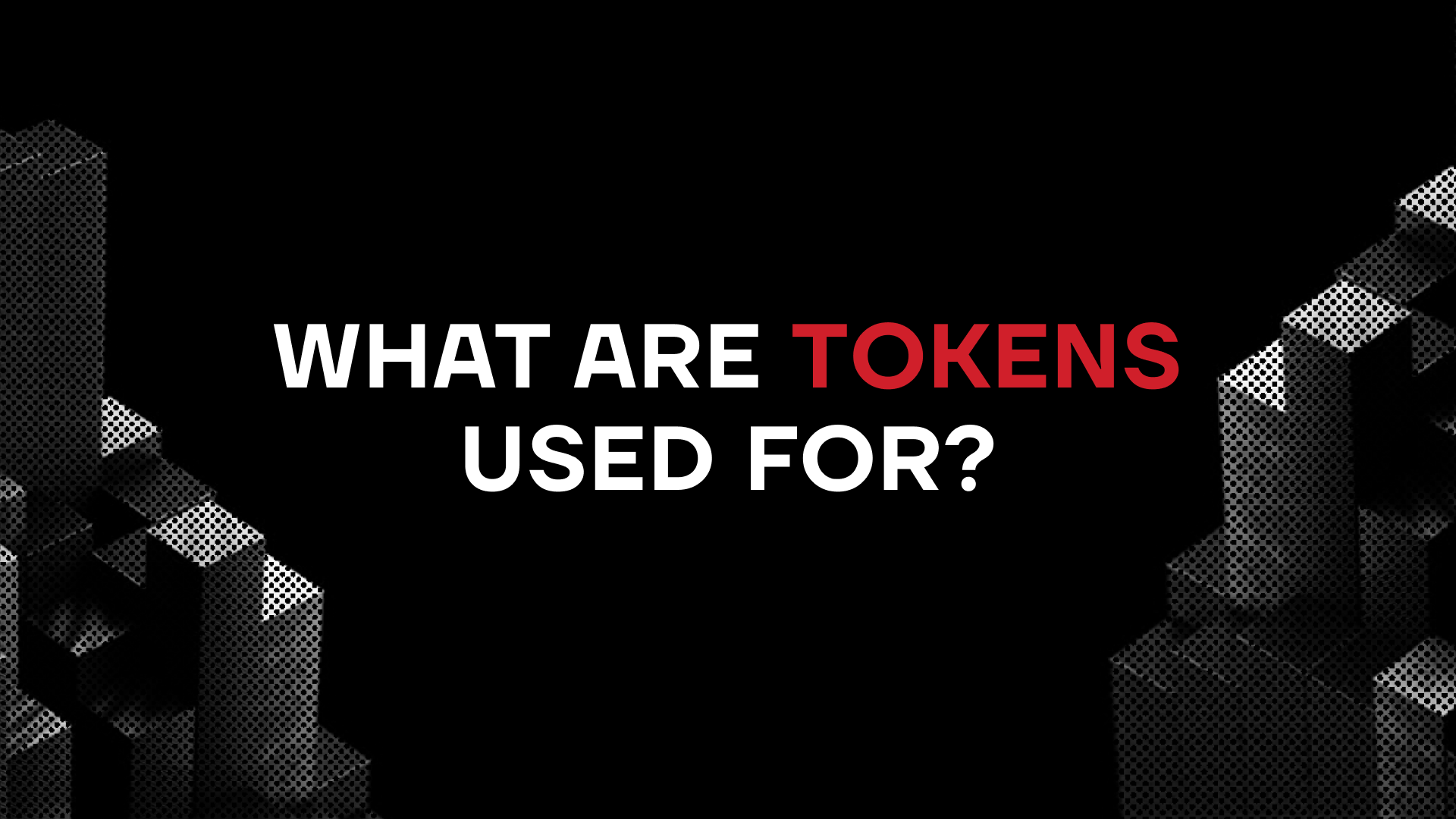
What is a Token?
Tokens can be issued for a number of utility and non-utility reasons by protocols, communities, and projects. So a token vs coin crypto is often a question of utility.
The purpose of tokens
Purpose is a big difference between crypto coin and token. Sure, coins and tokens can often be used interchangeably, but why and how? Thus, purpose emerges as a key difference between tokens and coins.
Utility is a common use for tokens, giving users access to applications and features. Utility tokens can be used for protocol fee payments or payments for services too.
Security tokens are relatively easy to recognize as they only serve a financial purpose without any additional use. This is a distinction that may be more important to regulators than users, but it is a big one come tax season.
Equity tokens are the direct equivalent of equity shares in a stock market, giving equity in a crypto project to those who hold them. Crypto projects can fund themselves by issuing equity tokens.
Governance tokens are gaining in popularity and are a more DAO spin on equity tokens in that they presume a more active participation in the functioning and development of the associated DAO — governance token holders can decide on development, treasury distribution, and many other key issues from the most micro to the most big picture ones.
Some of these can overlap. And a number of tokens are not easily categorized one way or another. Moreover, projects may issue a token for one purpose and then assign new purposes to it. Token vs cryptocurrency is more of a tool.
Key benefits of tokens
When evaluating coin vs token crypto analysts look at benefits. The above use cases indicate some benefits of tokens vs coins. The main benefit is that a token allows a project to create easy parameters for user participation. A project can create its own economy and governance model independent of outside factors or one integrated with any number of external protocols.
Tokens can be combined with other tokens and protocols to create a system of financial instruments, governance, gaming, and so much more. Every year, hundreds of new crypto projects release tokens with very specific purposes and a community supporting their use. The token ecosystem allows these projects to grow and find their footing.
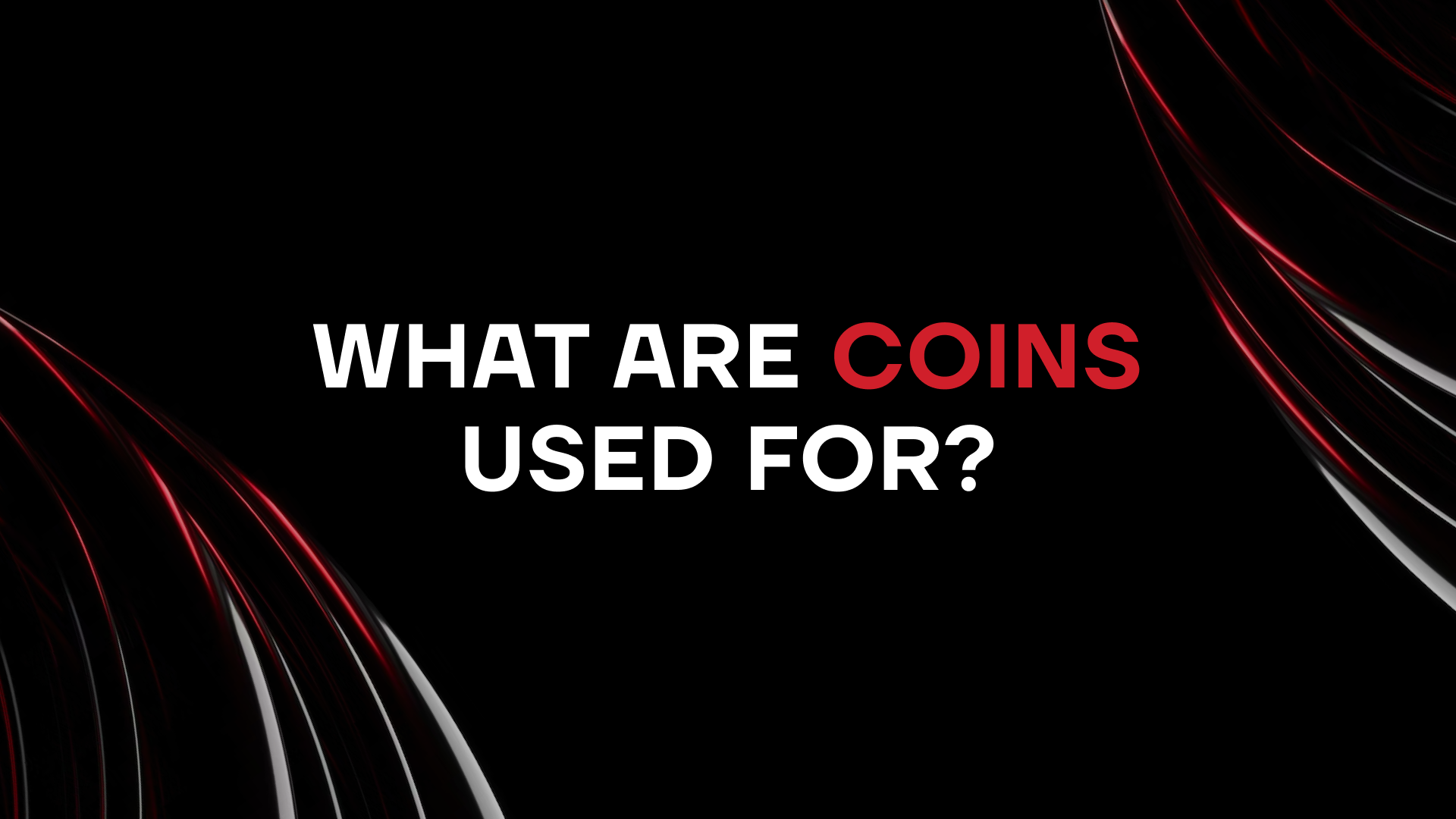
What are Coins Used for?
And what are the benefits of coins vs tokens? As mentioned above, coins are used for payment and are native to a blockchain. They create an economic incentive to maintain the security of a blockchain by running validator nodes. Some coins backstop entire ecosystems, such as Ethereum.

What are Tokens Used for?
Tokens are used to give economic and governance flexibility to crypto projects. They can be on a specific network, like the Ethereum one for ERC-20 tokens, for example. Tokens could have utility within protocols, serve as financial instruments, or act as governance tools.

Key takeaways
So what is the ultimate difference between crypto coin vs token? While coins and tokens are both important to the crypto economy, they do have different properties and uses, setting up a comparison of crypto tokens vs coins. If your goals are more financial or tied to a specific blockchain, consider a coin first. If you want to issue units of economic and governance value to a community, maybe a token is a better choice. Whether you use tokens coins or both really is up to you.
